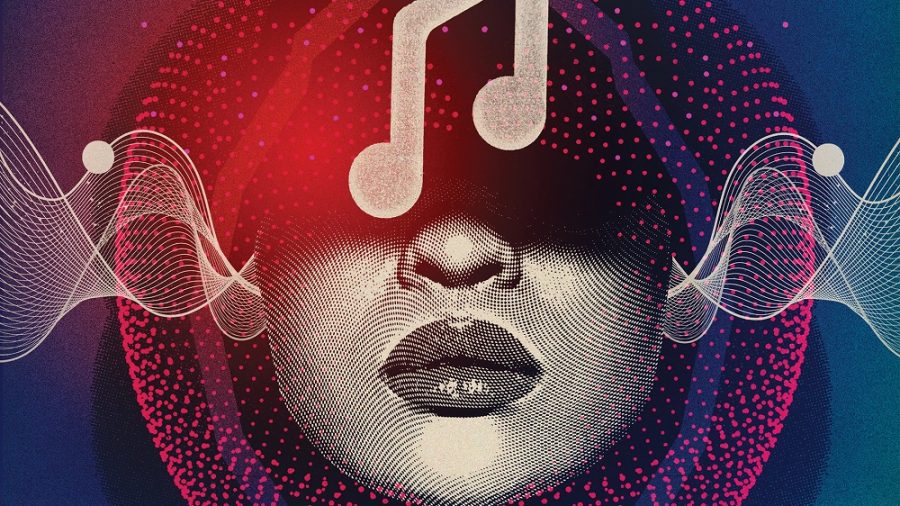Music is a powerful force. In addition to its entertaining appeal, music is recognised to have profoundly beneficial benefits on our brains. More precisely, music may alter our actions, emotions, and thoughts. So, how does this affect our mental health management? Music may be a source of joy and satisfaction, but it also has several other psychological advantages, including the ability to soothe the mind, revitalise the body, and aid with pain management. The idea that music may affect your thoughts, emotions, and actions probably does not come as much of a shock. If you've ever been energised while listening to your favourite fast-paced rock anthem or been brought to tears by a passionate live performance, you likely understand the power of music to influence emotions and motivate action.
JS/ Getty Images | Music acts like a magic key to which the most tightly closed heart opens
The advantages of music therapy for a variety of mental health disorders, including depression, trauma, and schizophrenia, are supported by research (to name a few). Music serves as a channel for processing emotions, trauma, and loss; yet, it may also be used to regulate or soothe anxiety or dysregulation.
Improve focus
One of the several benefits of music is that it may be appreciated even when performing mundane tasks. Some find it challenging to maintain attention and concentration on a task, such as learning, working, or cleaning. Certain genres of music are proven to improve concentration, thus it is essential to know which music is best for enhancing concentration. We suggest listening to instrumental music, classical music, or ambient music.
A natural boost of happiness

Keith Negley/ Edutopia | Cherish the children marching to the beat of their own music
Music may induce sensations of pleasure or unhappiness, alter thinking processes, and induce behavioural changes. The physical manifestations of this psychological influence include variations in hormone levels. A study revealed that individuals who listened to "pleasant" music had greater levels of serotonin, also known as the "feel-good" hormone. This study implies that the joyful experience of listening to a song might result in a boost in serotonin levels, which can put you in a better mood for your activities, however, it is difficult to confirm.
Improve memory
Research shows that listening to music helps memory; however, this result is contingent on a number of variables, including the genre of music, the listener's pleasure of that music, and the listener's musical training. In one research, musically inexperienced students learnt more well when listening to happy music, presumably because these songs evoked more good feelings without interfering with memory formation.
Synchronizing with the beat

Jimmy Taurrell/ Variety | It's not about entertainment as much as its about empathizing
Your body has an inherent ability to synchronise with the rhythm of a music. The more enthusiastic and fast-paced a music is, the more probable it is that your tempo will match. Music activates the region of the brain that governs movement, hence enhancing the efficiency with which the body performs repetitive actions. This synchronisation increases your heart rate, metabolism, and energy efficiency while decreasing your blood pressure and mental and physical stress. Additionally, you are less prone to feel exhausted.





